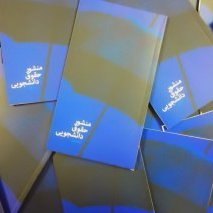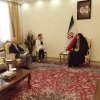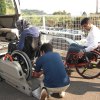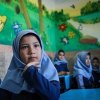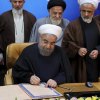
The Second Edit of the Student’s Rights Charter was Published
The Second Edit of the Student’s Rights Charter...
As published before, the President’s special assistant on citizen’s rights,Elham Aminzadeh, has said: “the people must learn more about the constitution.” So this is a good news that the citizen’s rights curriculum for universities will be taught at degree levels to university students.
According to the Cultural and Social Deputy of the Science Ministry’s information centre, the second edit of the Student’s Rights Charter was published in September this year on the orders of the custodian of the Research and Technology Ministry and placed in the working agenda for distribution in universities.
The preamble of the Charter, which has been signed by Dr. Hashemi, the custodian of the Ministry, states: for the purpose of further awareness and recognition of the details of regulations and laws, the Sciences Ministry will use all its potential capacities to increase students awareness of their rights, and from this aspect the promotion of lawfulness and culture of law abidance the Science Ministry deems as its cultural and social duties. In other words, the training of law abiding students that are aware of their rights and duties and accountability towards society, are the cultural and social practices of the science institution of the country.
It is natural that the realisation of this great task, requires the voluntary participation of all academics, particularly the students’ community such as scientific associations, cultural and arts centres, students’ bodies and also colleagues and members of university science groups. Therefore this Ministry asked all academics to participate in their share of the promotion and training of student’s rights, and through expressing their views and recommendation to assist us in the promotion of the rights awareness of students.
Student’s rights has four focal points: 1 – Education and research, 2 – Cultural, social and political, 3 – Union and welfare, and 4 – Disciplinary. This categorisation is based on the thematic criteria and conforms with the administrative and organizations structure of the Sciences Ministry. In the beginning of the Charter there is a chapter on “fundamental rights” so that students can learn about the citizen’s fundamental rights which is based on the Constitution.
 Reload
Reload